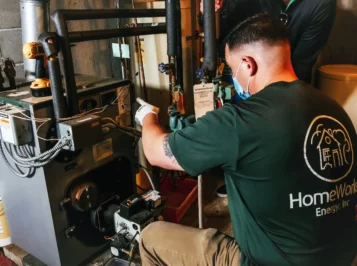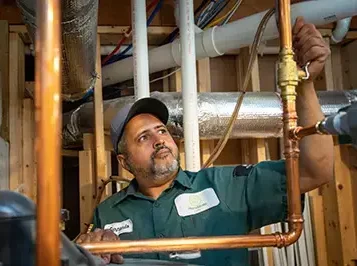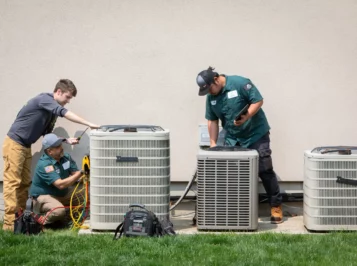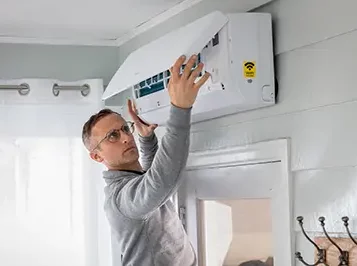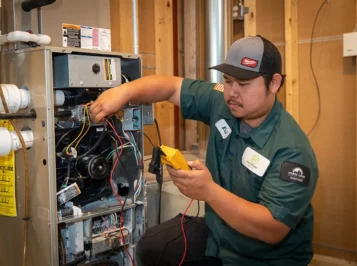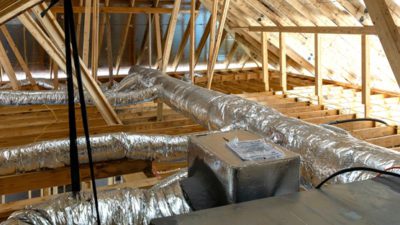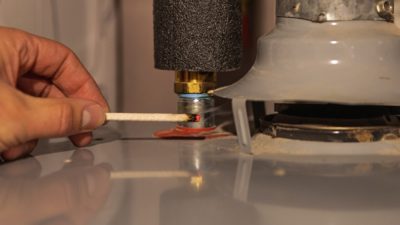With summer quickly approaching, students will soon be free to enjoy more game time. Meanwhile, more adults are gaming than ever before. In moderation, it’s a fun and enriching way to let off some steam or hang out with friends. But be prepared: The best gaming consoles use a lot of energy and heat up your home.
Let’s take a look at the effects gaming PCs have on your energy bill.
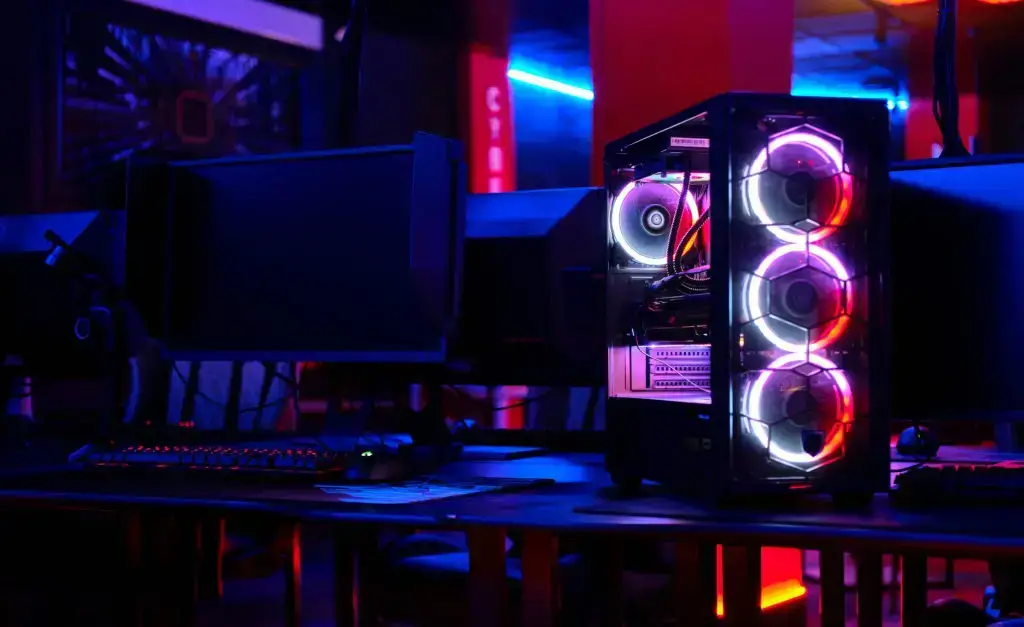
How Does Your Gaming PC Affect Your Home's Energy Bill?
One of our nation’s newer favorite pastimes, video games offer something for everyone. Over 212 million Americans (65-percent), regularly choose gaming for entertainment. And while 76-percent of kids play video games, the average gamer is actually 32 years old. People are passionate about it, and they’re continually raising the status quo for their setups. That means faster processors, better graphics cards, and more bells and whistles are pulling more and more power into their PCs (Entertainment Software Association).
In the winter, this is actually great news. PCs turn electricity into heat just about as efficiently as space heaters do, all while we’re using them for entertainment, information, or to do our jobs. So when the weather is cold, your time spent gaming or streaming content can actually help heat your home. But in the summer, the limitless possibilities of a powerful PC come at a cost, and it shows up directly on your energy bill.
Services We Provide in Massachusetts
How Much Energy Does Your Gaming PC Use on Average?
For every hour of computer time, the average mid-size gaming PC uses 300 to 500 watts of energy. For reference, your fridge is averaging somewhere between 350 and 750 (The Energy Professor).
Your computer outputs that energy as heat waste into your home, making your A/C unit run longer and further hiking up your electric bill. To minimize the chance of over-heating, computer experts will tell you that it’s best to put your PC in a room with a fan for air circulation, which tacks on another 75 watts per hour, on average.
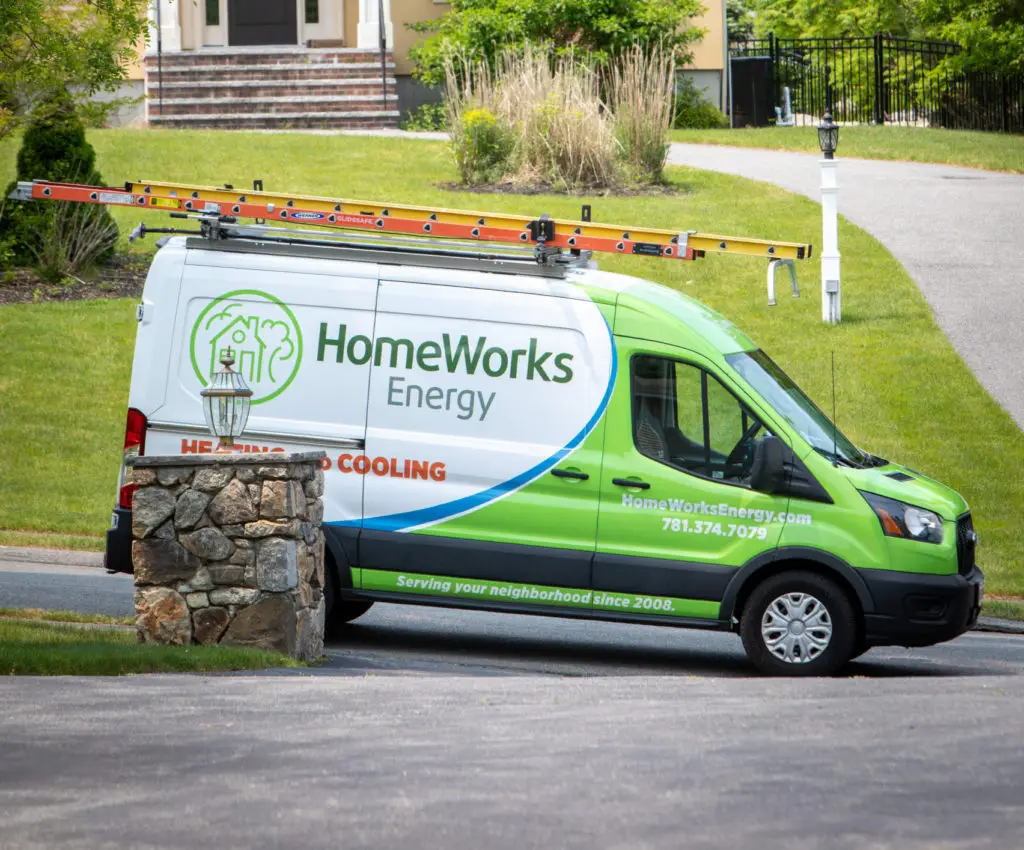
How Can I Reduce the Heat of My Computer or Gaming PC?
Now, we’re not saying don’t game. But we ARE saying, be mindful of your computer or gaming console’s energy use. Here are some easy tips:
- Shut down your computer when you’re not using it. Your home will stay cooler, and your power bill will thank you. You can make sure this happens by using an advanced power strip, which saves energy by automatically turning off electronics when they are not being used. You can even designate one device as the control so that when the control device is off, the other electronics plugged into the strip turn off, too. (You can get up to two advanced power strips at no cost during a No-Cost Home Energy Assessment, brought to you by the sponsors of the Mass Save program!)
- Regular cleaning is part of maintenance and can help you save energy. As dust builds up, the fans have to work harder to cool the computer down, which only releases more heat into your living space. Vacuum and dust your room and your PC regularly to maximize its efficiency and lifespan.
- Game in moderation. It’s easy to get sucked into a multi-hour gaming session, so be sure to schedule in other activities to stay active and turn off the screen.
- Make smaller machines your go-to. If your computer needs are light for the day, leave the desktop off and use your laptop, which will reduce energy consumption by a whopping 800-percent. Or, if your goal is simply browsing or reading, just use your phone. You’ll literally save hundreds of watts per hour.
With electricity rates increasing in certain areas of New England, now is the time to assess your energy use and make small lifestyle adjustments that can add up to make a big difference!
Ready to Make Your Home More Energy Efficient? Contact HomeWorks!
To learn more about how to maximize your home’s energy efficiency, contact HomeWorks Energy here or call (781) 305-3319 to schedule a No-Cost Home Energy Assessment. One of our Home Energy Specialists will be happy to do a full energy audit of your home and discuss improvements as well as Mass Save rebates and federal tax incentives that help minimize the cost to you.


